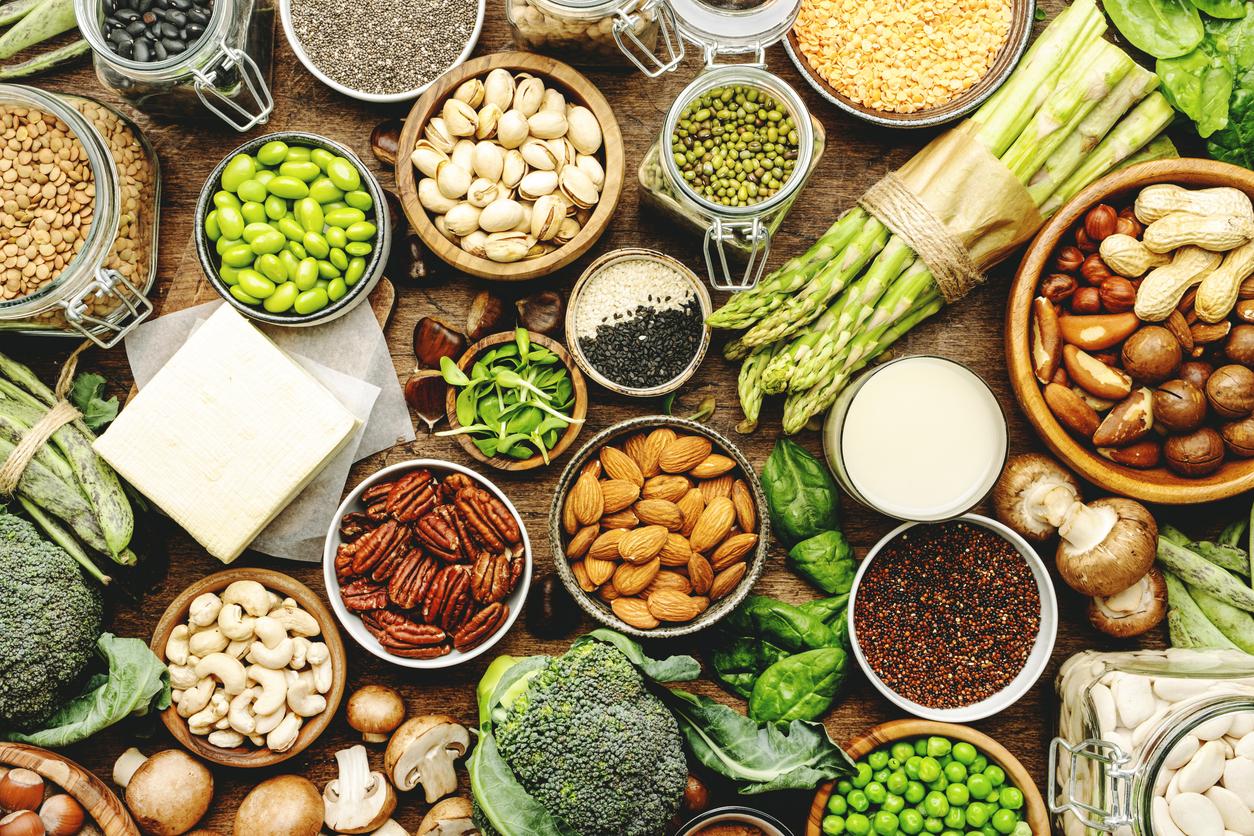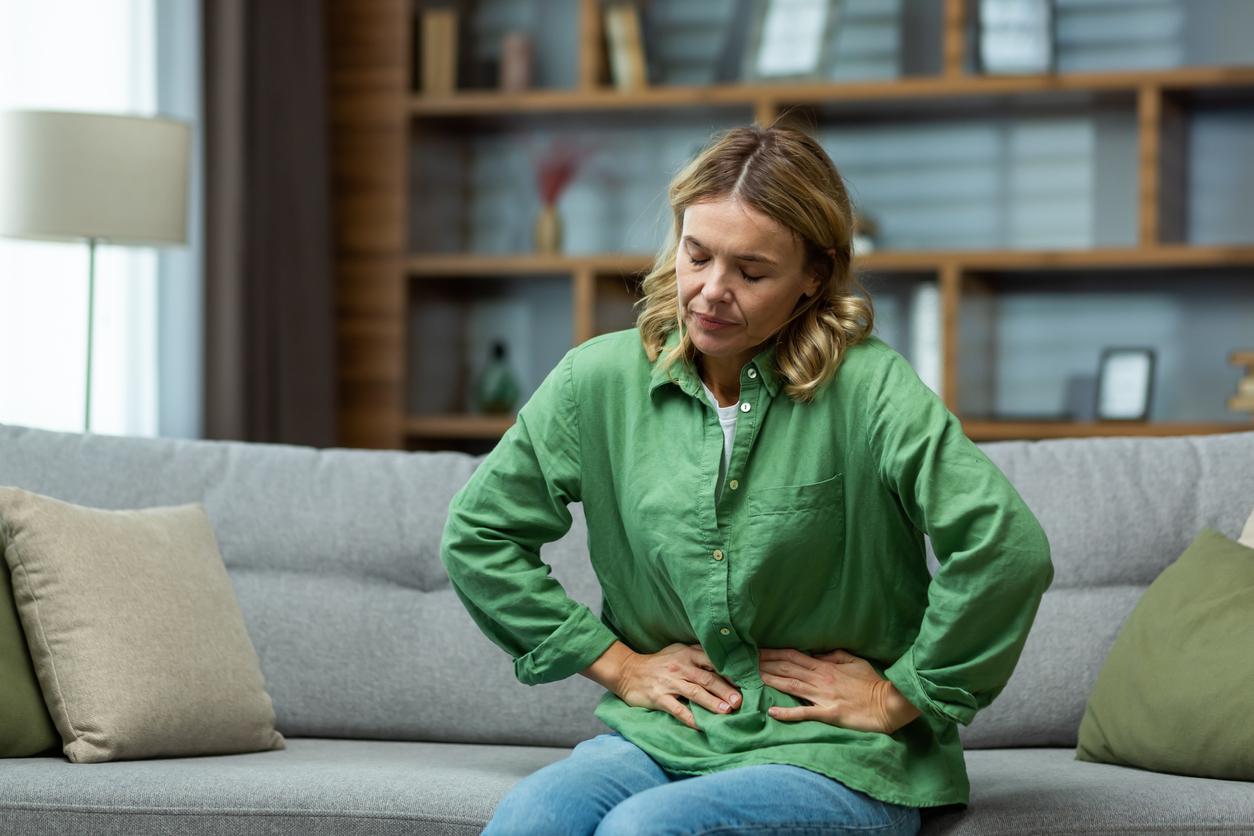Colonoscopy is the reference examination for the diagnosis of colon diseases, and in particular colorectal cancer. For the examination to be complete and for the doctor to be able to visualize the entire colon and not miss any small polyps, the colon must be perfectly clean and empty.
It is for this purpose that the gastroenterologist prescribes (in addition to the ingestion of colonic preparations) to follow a residue-free diet during the 2 days preceding the colonoscopy. What is called “residue” is anything that could stick to the wall of the colon during the purge and hide the polyps during the examination. During the 3 to 6 meals preceding the examination, avoid eating:
- Bread
- Raw and cooked vegetables
- Fruits
- Seed jams
- Nuts of all kinds
- Cereals
- Seeds (sesame, flax…) and peppercorns
Also prohibited are all foods and drinks likely to irritate the wall of the intestine and which could suggest inflammation at the time of the examination. Like sodas, fruit juices, alcohol, all fried foods and fermented cheeses.
>> Note that on the day of the colonoscopy, you must be fasting and not have eaten or drunk anything in the 5 hours preceding the examination.
Read also :
- 10 foods that take care of our intestines
- Actress Clémentine Célarié reveals she has colon cancer
- Screening for colorectal cancer in 9 questions and answers






















